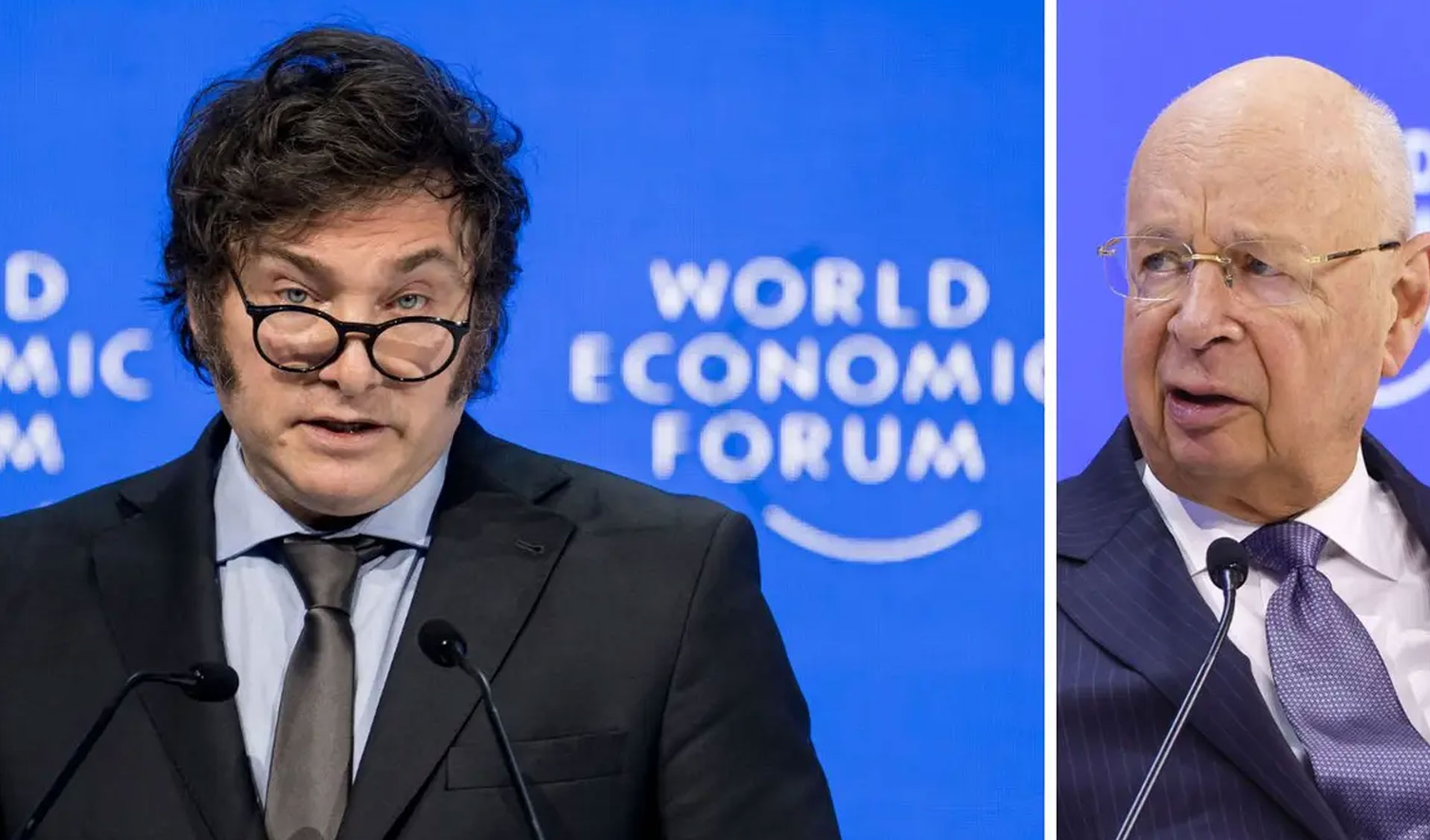
WEF Takeaways
The 2024 World Economic Forum in Davos wrapped up on Friday with big-name attendees, including billionaires and world leaders, heading home on their private jets or taking a break to enjoy the Swiss Alps. This year's meeting, which included Shamanic rituals, adopted a theme of "Rebuilding Trust" and was buzzing with conversations about subjects such as AI and global economic risks.
Interestingly, many forum participants were upbeat about the prospects for the US economy in the year ahead, with most not expecting a recession. The optimism mainly stems from the expectation that the Fed will cut interest rates soon and signs that consumers are beginning to feel more confident and are loosening their purse strings and spending more.
Surprisingly, the ongoing situation in the Middle East didn't get much airtime at Davos, perhaps because the issue is tricky or maybe just because attendees didn't want to court controversy. The same goes for an absence of discussion about the possibility of a second Trump presidency. It would appear that most just wanted to play it safe and avoid topics that might get them in trouble.
One person not concerned about what people thought of him was newly elected Argentinian President Javier Milei, who, unlike most, traveled there on a commercial flight and went against the accepted narrative of the elites.
He accused Western leaders of abandoning their models of freedom in favor of "variants of collectivism," linking these supposed beliefs to overreaching state intervention and push for social justice, and urged attendees not to be intimidated by "the political caste or by parasites who live off the state'. He then went on to say, "It should never be forgotten that socialism, always and everywhere, is an impoverishing phenomenon that has failed in all countries where it has been tried out."
Including AI was one of the hot topics at this year's Davos, replacing last year's focus on cryptocurrency, with many companies there to show off their latest AI products. Conversations about AI were mostly favorable, with even previously critical advocates of AI's dangers, such as the founder of OpenAI, Sam Altman, now seemingly warmed to its possibilities for good. Gone was the talk of AI changing the world and replacing humans in vast swathes of the employment market, and in their place, conversations about how artificial general intelligence (AGI) could perform tasks as well as or better than humans.
Despite the positivity, it is thought that around one-fifth of current job listings are at risk from AGI, with that number only expected to grow as the potential of AI is applied to more areas of life and improvements continue. Altman now preaches that AI can help with human work instead of simply replacing it. Time will tell the whole story on that one.
China's Premier, Li Qiang, said at the forum that China "is making steady progress and will continue to provide strong impetus for the world economy" and "remains firmly committed to opening up."
In reality, the country is dealing with a host of challenges including a semiconductor trade war with the US, shrinking foreign investments, a long-term property sector issue, and India overtaking its population.
Lastly, the famous ski resort of Davos that hosts the annual get-together of the business elite is drowning in its own success and finding it impossible to handle the number of visitors, manage constant traffic congestion, and find enough super expensive hotel rooms for everyone.
So, maybe it's time for some AI solutions to help manage the growing crowd in the future!